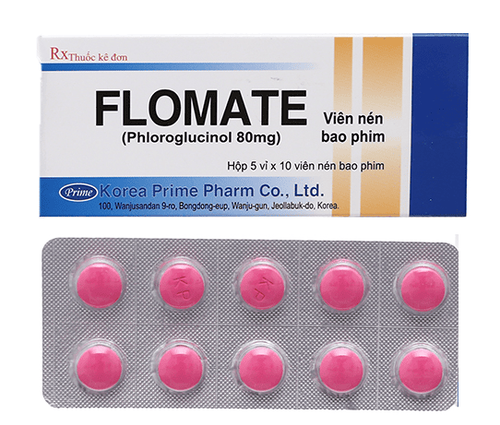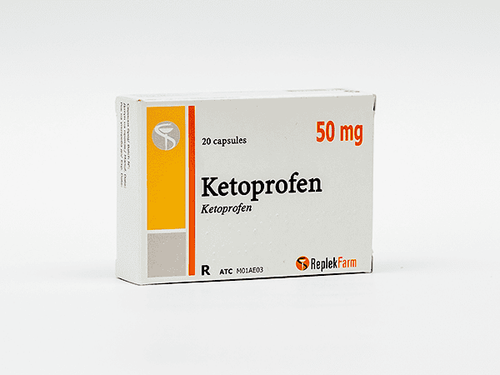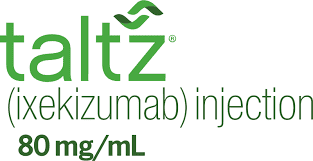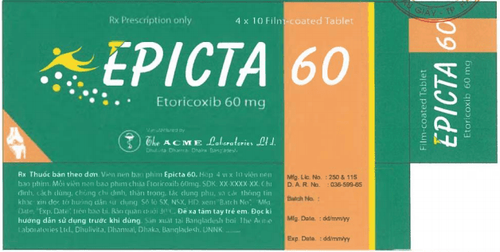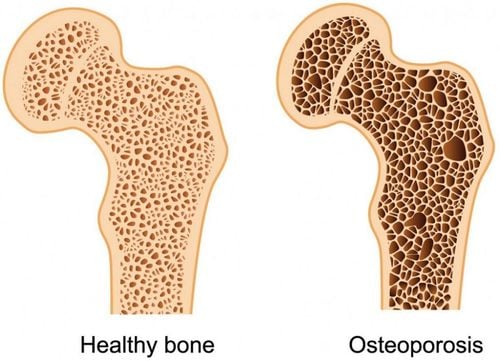This is an automatically translated article.
Umeran is a pain reliever, non-steroidal anti-inflammatory, often indicated in the treatment of musculoskeletal pain. So what is the mechanism of action of the drug and what are the points to note when using Umeran?
1. What is Umeran?
Umeran's main ingredient is Diclofenac Sodium - a non-steroidal anti-inflammatory drug (NSAID), derived from phenylacetic acid. Anti-inflammatory, analgesic effect in moderate to severe pain.The main mechanism of action of the drug is a strong inhibitor of the activity of cyclooxygenase enzymes (COX-1 and COX-2) to reduce the formation of prostaglandins, prostacyclin, thromboxane which are mediators of the inflammatory response. Inhibition of the COX-1 enzyme causes some side effects in the gastric mucosa by inhibiting mucin production (a substance that protects the lining of the digestive tract) and causing platelet aggregation. The anti-inflammatory, analgesic and antipyretic effects are mainly due to inhibition of COX-2 enzyme. In addition, Umeran also relieves headaches and improves associated nausea and vomiting symptoms.
The drug is rapidly and completely absorbed from the gastrointestinal tract, peak plasma concentrations are reached 20-60 minutes after oral administration, binding to plasma proteins is close to 100%. The drug is metabolised mainly in the liver and is finally eliminated in the urine as glucuronic conjugates of the active substance and metabolites.
2. What effect does Umeran have?
Umeran drug is effective in the treatment of the following pathologies:
Chronic musculoskeletal disease, rheumatoid arthritis, degenerative spondyloarthritis. Psoriatic arthritis. Microscopic arthritis disease. Ankylosing spondylitis . Acute osteoarthritis pain after trauma, inflammation around the shoulder joint. Tendonitis, bursitis, synovitis. Pathology of nerve pain, nerve roots. Acute gout attack. Renal colic, biliary colic. Primary dysmenorrhea. Headache, toothache, pain after minor surgery such as tonsillectomy,...
3. Contraindications of the drug Umeran
Do not use Umeran in the following cases:
Patients who are allergic to Diclophenac, Aspirin, non-steroidal anti-inflammatory drugs or any other ingredients of the drug. Patients with peptic ulcer disease are progressing. Patients with acute bronchial asthma or are having symptoms of bronchospasm. Patients with unstable cardiovascular diseases. Patients with severe liver or kidney failure are not indicated for taking Umeran. Colloidal disease. Wearing contact lenses. The drug crosses the placenta and breast milk, so pregnant and lactating women should not use the drug.
4. Notes when using the drug Umeran
Check liver and kidney function before and during drug use, especially in patients with impaired liver and kidney function. Consider the benefits before use for the elderly and children under 15 years of age due to the increased risk of adverse effects on the liver, kidneys and gastrointestinal tract. Patients with myasthenia gravis use caution when taking Umeran. The drug can cause damage to the gastric mucosa, so monitor the manifestations on the gastrointestinal tract when taking the drug, especially in patients with a history of gastroduodenal disease. Stop using the drug if there are signs of epigastric pain, belching, heartburn, abdominal pain, ...
5. Umeran Drug Interactions
Oral anticoagulants and Heparin may increase the risk of bleeding when used with Umeran. Using Umeran with Glucocorticoids, Aspirin, Methotrexate, other NSAIDs will increase side effects on the kidneys and gastrointestinal tract. Umeran increases side effects on the central nervous system when used with quinolone antibiotics. Concomitant use with Diflunisal may increase Umeran plasma concentrations, increasing the risk of gastrointestinal bleeding. Umeran may increase the serum concentration of Digoxin and prolong the half-life of Digoxin. Diuretics, Cyclosporin may increase the risk of renal failure secondary to concomitant use.
6. Dosage and usage of Umeran
How to use:
Umeran is prepared in the form of a solution for injection with the content of 75mg / 3ml. Umeran 75 mg is administered by deep and slow intramuscular injection. Dosage:
General pain relief: Intramuscular injection 1 ampoule (75mg)/time/day. Severe cases of pain: Intramuscular injection 1 tube (75mg) / time x 2 times / day. The dose used is for reference only, depending on the patient's medical condition and condition, the doctor prescribes a different dose.
7. Umeran side effects
Some unwanted effects may be encountered when using Umeran
Common side effects:
Epigastric pain, vomiting, nausea, loss of appetite, indigestion, abdominal distension, diarrhea, heartburn, belching acidosis, gastric ulcer - duodenum. Headache, restlessness, tinnitus. Increased liver transaminases. Uncommon side effects:
Allergic reactions, edema, anaphylaxis, hypotension. Bronchospasm (patients with a history of asthma). Rhinitis, urticaria. Gastrointestinal bleeding, increasing the severity of gastrointestinal ulcers. Drowsiness, somnolence, insomnia. Excitement, depression, anxiety. Blurred vision, double vision, visual dark spots, eye pain. Rare side effects:
Stevens-Johnson syndrome. Hair loss. Aseptic meningitis. Decreased blood cell lines. Hepatotoxicity, decreased gallbladder contractility. Acute renal failure, interstitial nephritis, nephrotic syndrome. In summary, Umeran is a non-steroidal anti-inflammatory and pain reliever that needs to be prescribed by a doctor. The drug provides rapid relief of moderate to severe pain. In addition to the therapeutic effect, the drug causes many undesirable effects on the body, especially on the gastrointestinal tract, so patients need to strictly follow the doctor's instructions.




